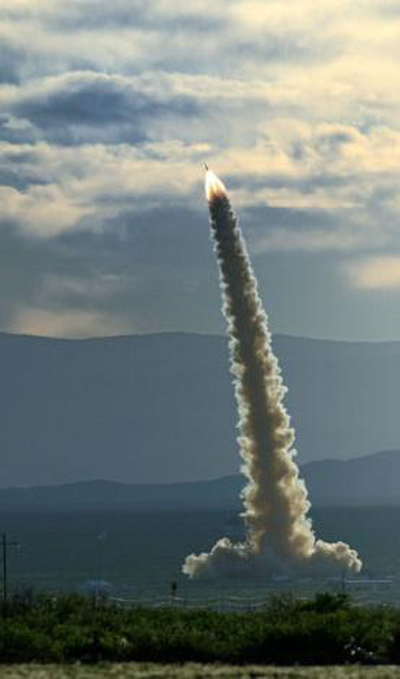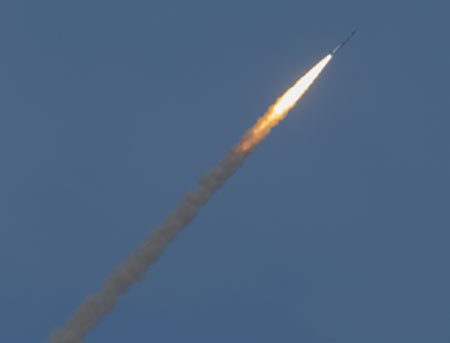tadaaa
Senior Member
not sure if you guys in the rest of the world can see this (there are ways!!!)
but the BBC's conspiracy files did a program on MH17 - shown a day or two ago
http://www.bbc.co.uk/iplayer/episode/b0791ns4/the-conspiracy-files-who-shot-down-mh17
but the BBC's conspiracy files did a program on MH17 - shown a day or two ago
http://www.bbc.co.uk/iplayer/episode/b0791ns4/the-conspiracy-files-who-shot-down-mh17




